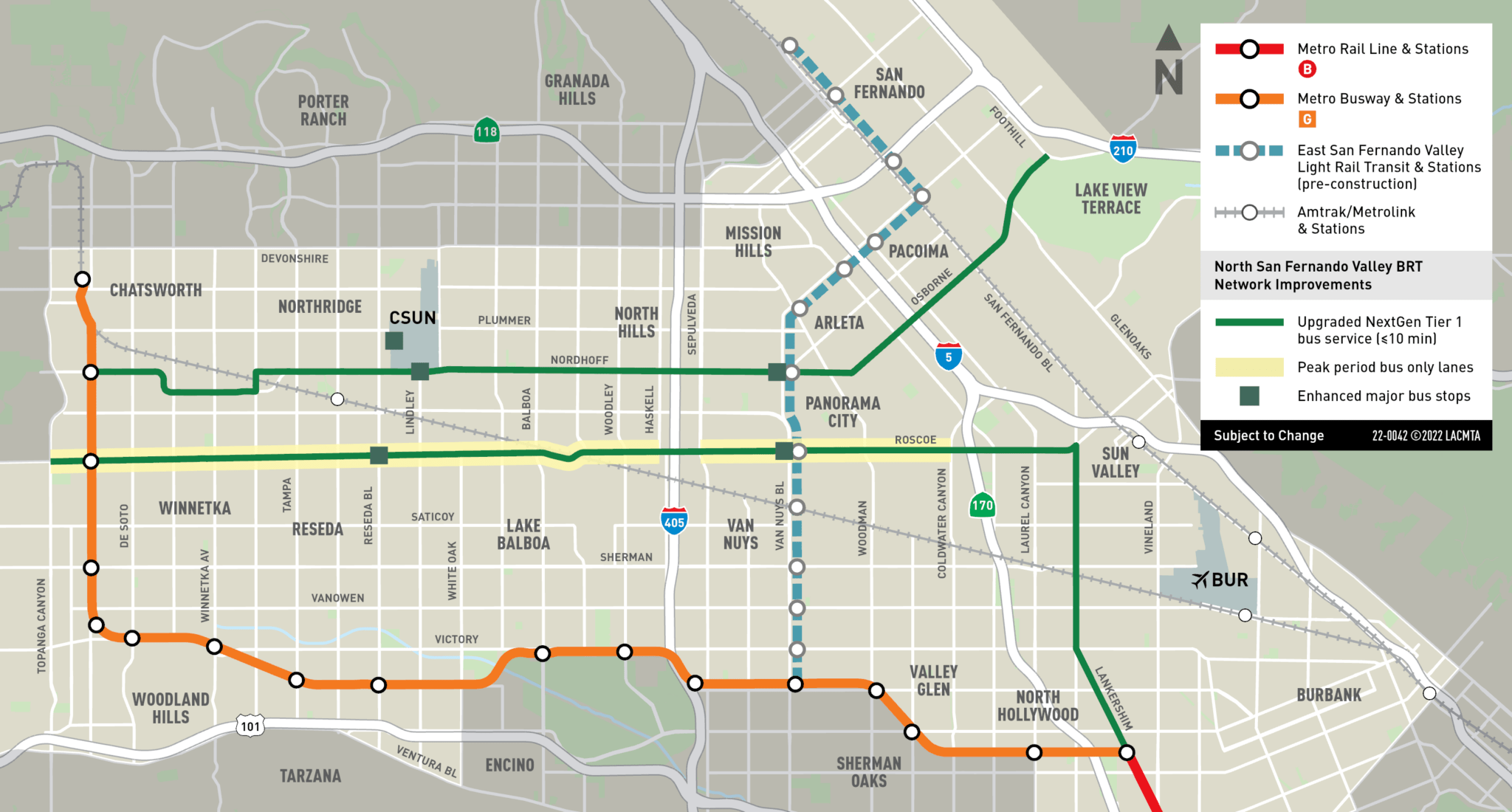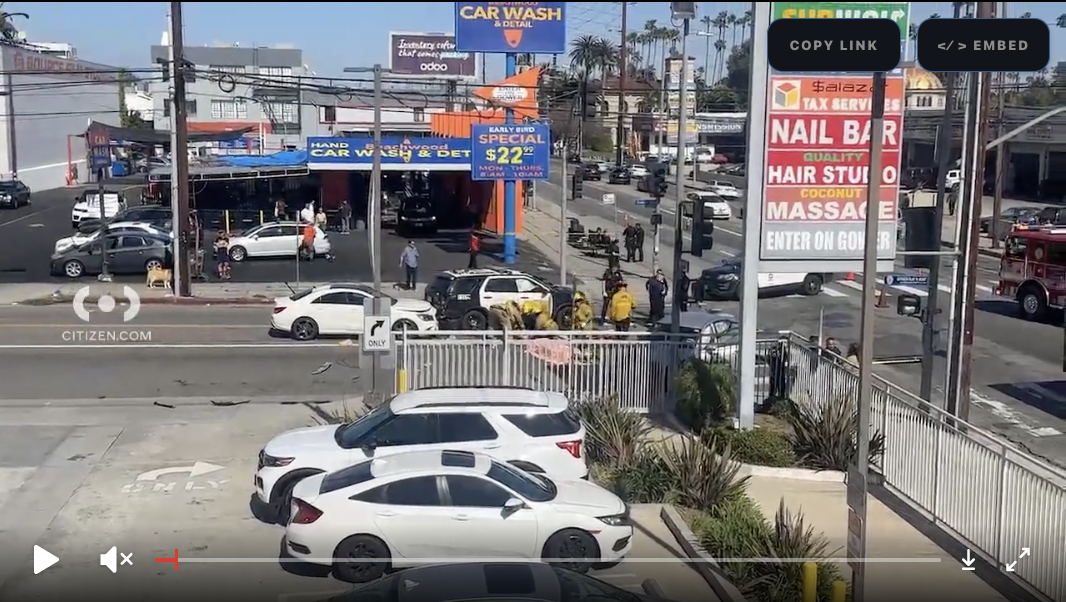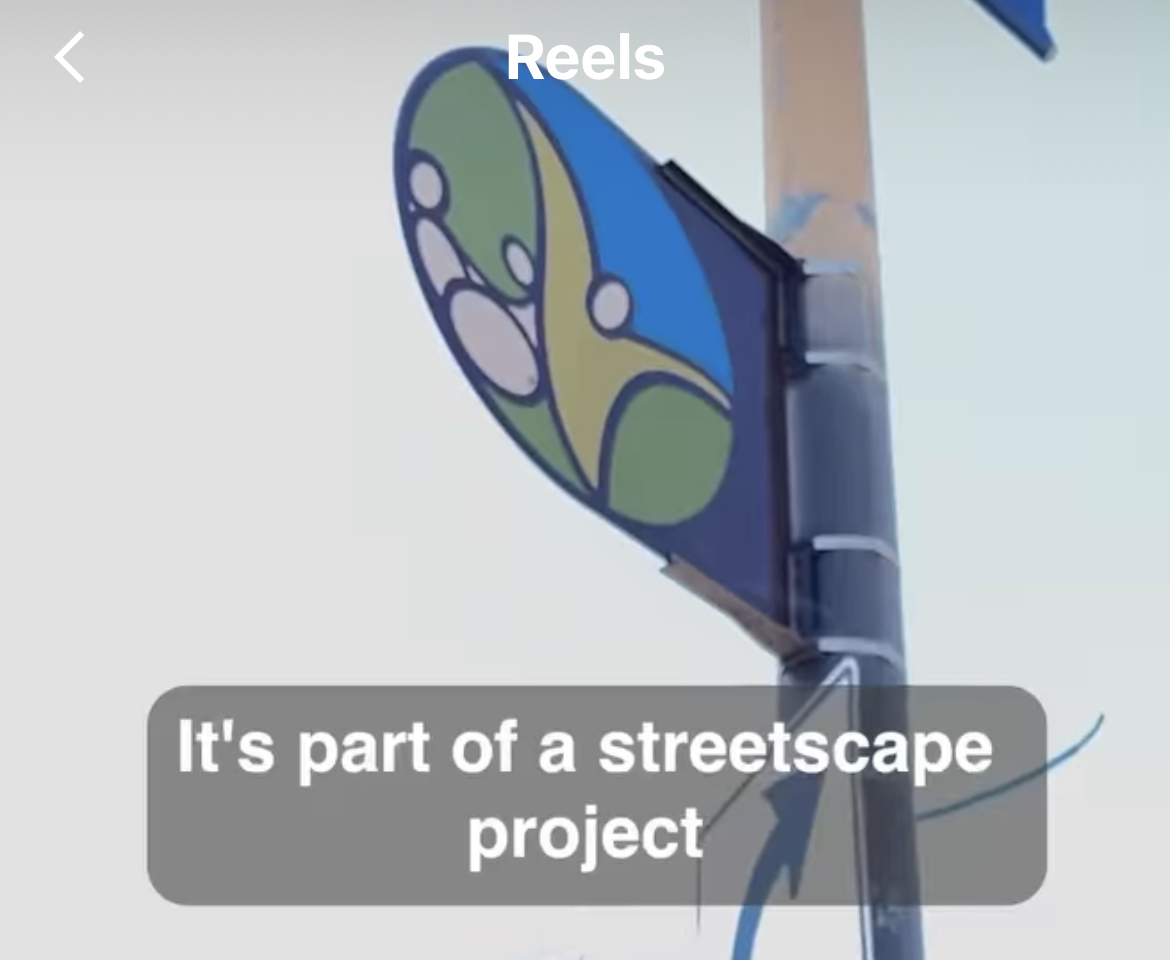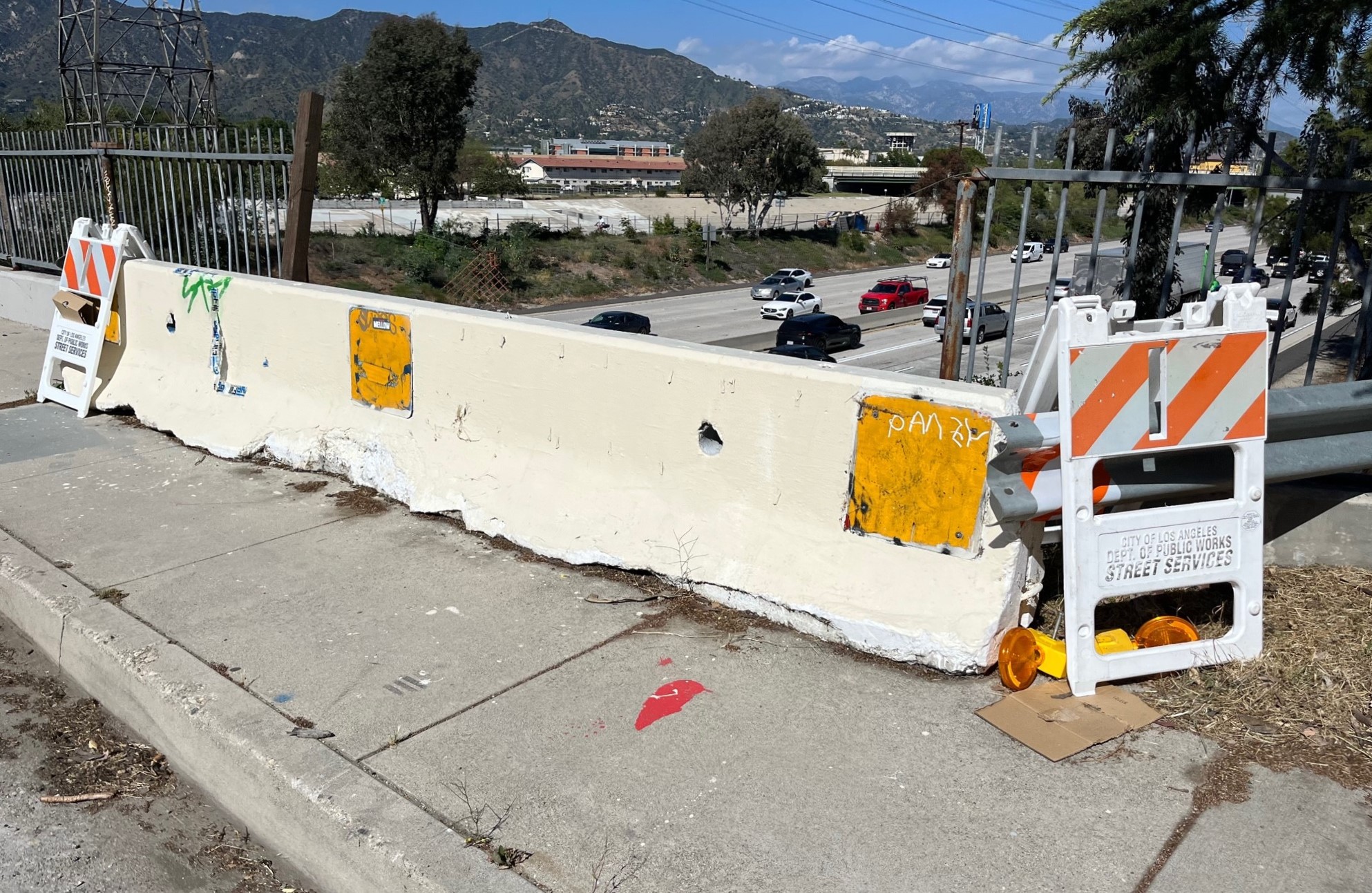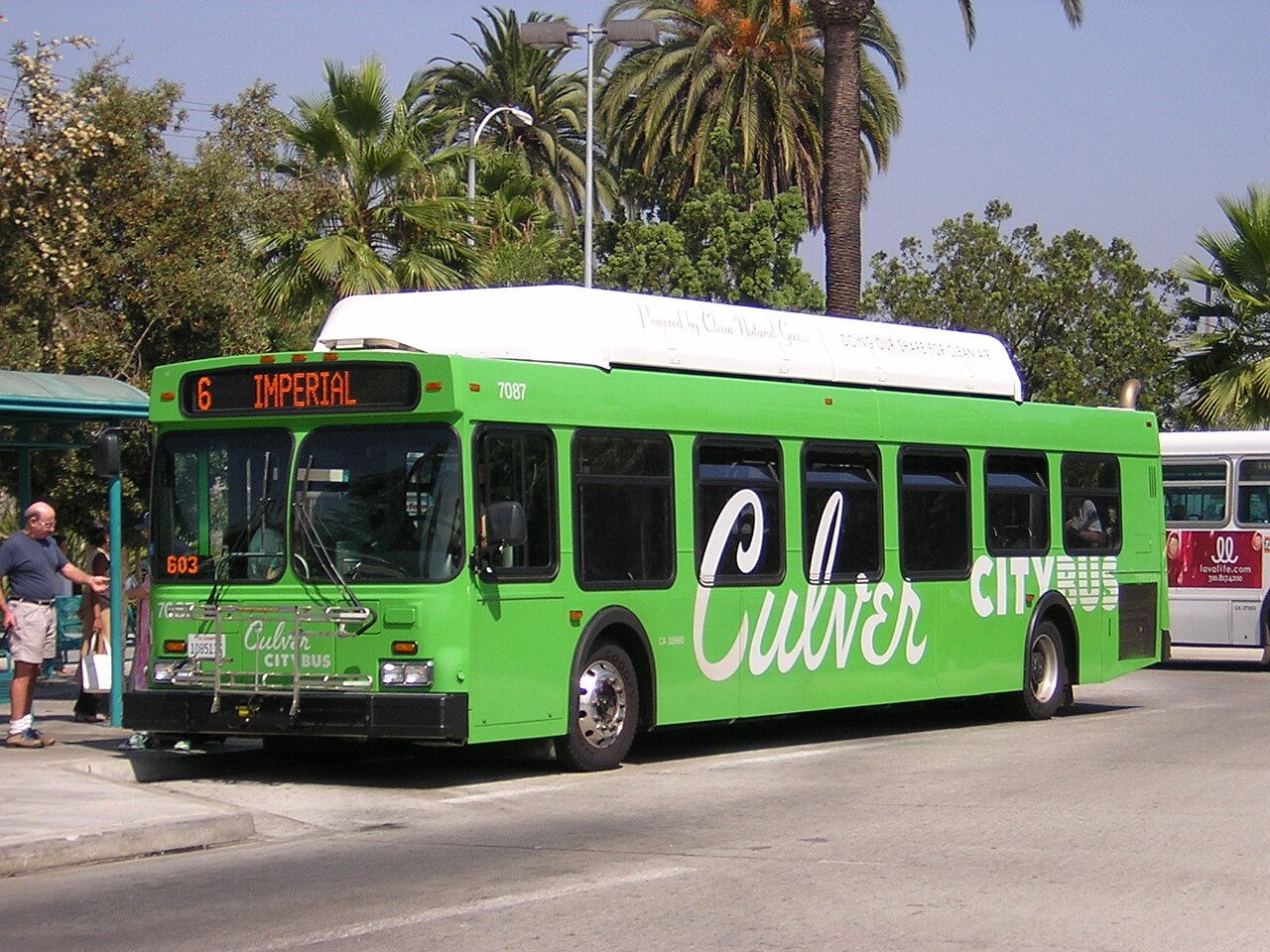Bus Riders Union Touts FTA “Compliance Review” of Metro
11:52 AM PDT on March 18, 2011
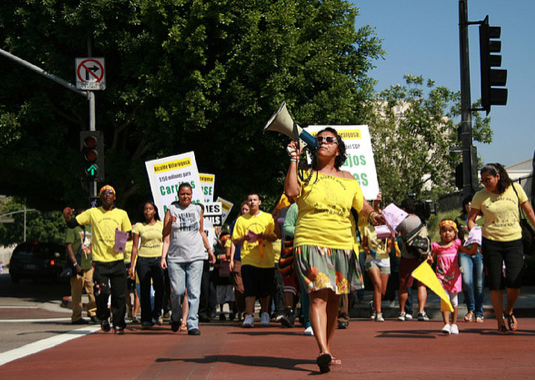
This week the Bus Riders Union has been touting a decision by the Federal Transit Administration (FTA) to conduct an "on-site compliance review" of whether or not Metro is complying with Title VI of the Civil Rights Act with its plans to cut transit service this Spring. A full copy of the letter from the FTA can be downloaded, here.
So what does this actually mean? The press is focusing on the sensational aspect of the story and leads with headlines announcing that the FTA is "investigating" a Civil Rights complaint. The BRU is claiming that just because the FTA is doing an investigation, that leaves a smoking gun of some sort. Metro staff is playing it cool, insisting the review is no big deal.
The FTA is taking Title VI complaints, especially in the era of fare hikes and service cuts brought on by an era of reduced budgets. Capitol Hill Streetsblog reports,
Peter Rogoff, head of the Federal Transit Administration, sent out a letter to local transit authorities last week reminding them of their duty to comply with Title VI of the Civil Rights Act, which “prohibits federally-funded programs and services from discriminating on the basis of race, color, or national origin.”
If Metro is found to be out of compliance, then it could lose a all or some of its federal funding if it doesn't come in to compliance.
The chief complaint of the BRU is that Metro's current round of planned cuts, combined with other cuts since 2009, create a Civil Rights violation because they disproportionately impact minorities and people of lesser means. There's a lot of ways that can be proved, but whether you like the proposed cuts or not, a cursory glance at Metro's positioning creates problems for the BRU's complaints. Next we'll list some of the ways that Metro could be in violation and an analysis of some of the problems proving the complaint.
Let me be clear that Streetsblog is not taking sides one way on the other on the validity of the complaint overall, nobody here is an expert in Civil Rights Law. We're just trying to have a discussion about what the review and complaint really mean.
Metro's cuts disproportionately effect the poor
The Bus Riders Union blog explains the crux of their complaint:
The BRU's complaint highlighted a pattern of discrimination and harm against low income people and people of color by MTA's consistent cutting of bus service over the last three years. The stated goal of FTA's "compliance review" is to resolve any non-compliance with federal civil rights regulations and comes at the heels of MTA's reduction of over 380,000 hours or 5% of its overall bus service and in the midst of a proposal to cut an additional 582,000 hours or 8% of its bus service, all in the name of "efficiency."
This main complaint is the BRU's strongest one. Regardless of one's views of the "consent decree" which led to an expansion of the bus system, both rapid and regular from 1997 until 2007, we should note that it was ordered by a judge to address Civil Rights Concerns, or as the BRU puts it, "10-year process of federal court-ordered bus expansion to rectify Metro's violation of the 1964 Civil Rights Act."
If the current round of cuts are approved, nearly 900,000 hours of service will have been eliminated over the last three years, 75% of the bus hours added as a result of the decree. Given that these hours were added as a result of a Civil Rights lawsuit, there's a real chance that the FTA could demand that some of these service hours be restored.
Metro ignores community concerns.
Metro originally proposed cutting 395,000 hours of bus service, eliminating eleven bus lines and truncating another sixteen. However, after the public hearing and comment process, the staff proposal is now to eliminate 305,000 hours of service, eliminating nine lines and truncating eleven. Of course, the Metro Board could alter or reject the cuts as they did in 2008.
Regardless of how bad one believes these cuts are, that Metro reduced the proposed changes by 90,000 hours will make it hard to prove that the agency didn't listen to complaints and concerns from their riders.
The FTA must give Metro 45 days notice before beginning their "on-site compliance review" and have yet to announce a date. Metro is due for a triennial review from the FTA this fall.
We should also note that legal interpretations of Title VI don't prohibit transit agencies from making cuts that effect minority communities. If the agency does cut lines on which minority communities depend, they have to make sure their is mitigation or alternate lines. In the case of these proposed cuts, there is an alternate route, sometimes run by a different agency, within a quarter mile of the reduced or canceled service.
By Cutting Bus Service and Not Rail Service, the Agency Is Targeting Minorities
According to Metro communications director Marc Littman, the 2010 rider survey showed that over seventy percent of train riders were minorities. While that number is lower than the 90% estimate used by the BRU for bus riders, it will be hard to prove to the FTA that the cuts are racist because they don't target rail as well as bus.
What about the Baseball Bus?
A similar complaint, and "on-site review" in Atlanta focuses on massive cuts to Atlanta's bus fleet in minority areas at the same time the agency is keeping bus service from their train station to baseball park, a service that primarily caters to a white audience. Even as Metro is slashing its bus fleet, the free Dodger Shuttle from Union Station to Chavez Ravine is being brought back. However, the shuttle is being paid for by a specific grant and doesn't impact Metro's other bus service or operating deficit.
Stay in touch
Sign up for our free newsletter
More from Streetsblog Los Angeles
LAPD Was Crossing Against Red Light in Crash that Killed Pedestrian and Injured Six in Hollywood
The department says the officers had turned on their lights and sirens just before crossing, but won't say why they did so.
Freeway Drivers Keep Slamming into Bridge Railing in Griffith Park
Drivers keep smashing the Riverside Drive Bridge railing - plus a few other Griffith Park bike/walk updates
